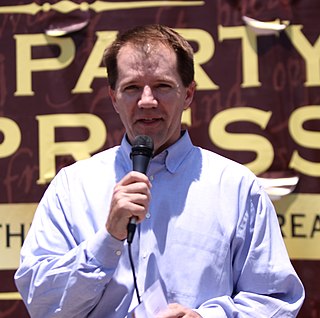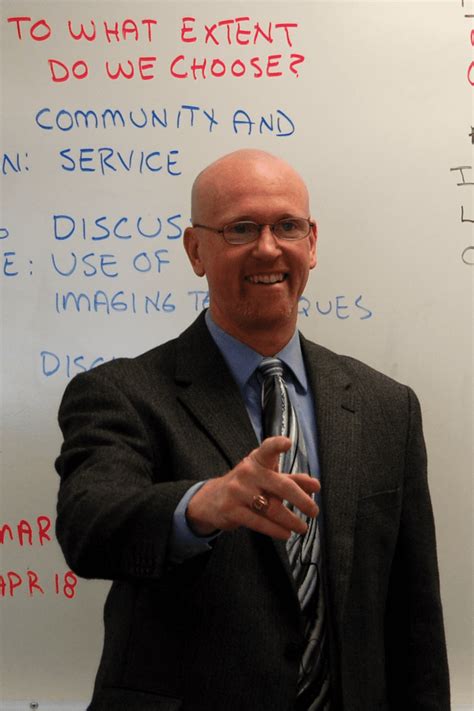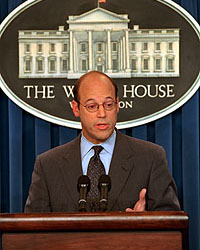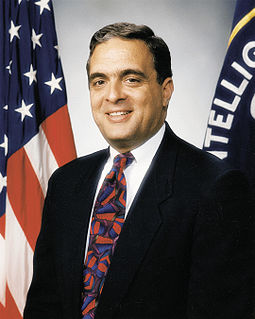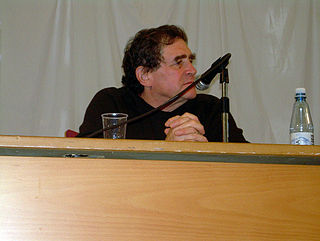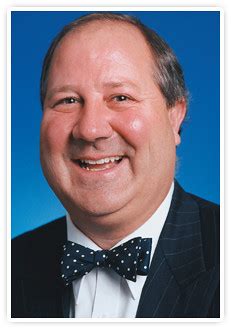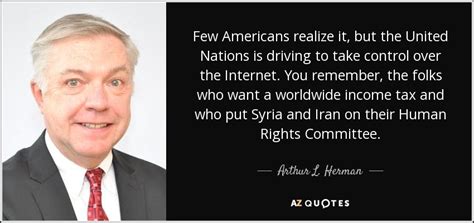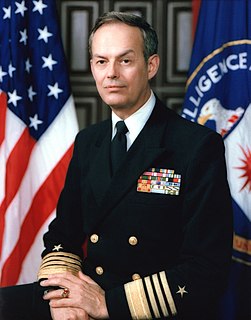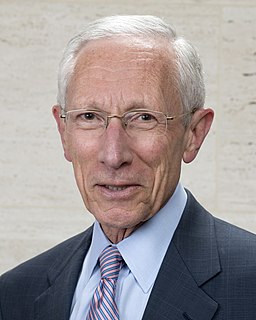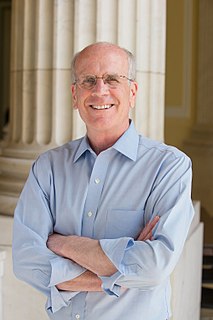Top 111 Policymakers Quotes & Sayings - Page 2
Explore popular Policymakers quotes.
Last updated on November 21, 2024.
Standardized tests are an indicator of the kind of service taxpayers are receiving - and whether schools, educators and policymakers are doing their jobs. In the United States, taxpayers spend almost $600 billion annually on public education, so it's not unreasonable to ask what all that money is producing. In fact, it's irresponsible not to know.
For the West, the demonization of Vladimir Putin is not a policy; it is an alibi for the absence of one. Putin is a serious strategist – on the premises of Russian history. Understanding US values and psychology are not his strong suits. Nor has understanding Russian history and psychology been a strong point among US policymakers.’
We know that when people are civically engaged, when they understand what their rights are, when they understand that in a democracy you can challenge governments, you can challenge policymakers, and you can... actually shape and form future policy, I think it changes the perception that a lot of young people have about where power is.
Global warming may be a 'crisis,' even 'the most pressing environmental problem of our time.' ... Indeed, it may ultimately affect nearly everyone on the planet in some potentially adverse way, and it may be that governments have done too little to address it. It is not a problem, however, that has escaped the attention of policymakers in the Executive and Legislative Branches of our Government, who continue to consider regulatory, legislative, and treaty-based means of addressing global climate change.
The intellectual and moral failures common to America's general officer corps in Vietnam and Iraq constitute a crisis in American generalship. Any explanation that fixes culpability on individuals is insufficient. No one leader, civilian or military, caused failure in Vietnam or Iraq. Different military and civilian leaders in the two conflicts produced similar results. In both conflicts, the general officer corps designed to advise policymakers, prepare forces and conduct operations failed to perform its intended functions.
I do a lot of work with policymakers, but how much effect am I having? It’s like they’re coming in and saying to you, ‘I’m going to drive my car off a cliff. Should I or should I not wear a seatbelt?’ And you say, ‘I don’t think you should drive your car off the cliff.’ And they say, ‘No, no, that bit’s already been decided—the question is whether to wear a seatbelt.’ And you say, ‘Well, you might as well wear a seatbelt.’ And then they say, ‘We’ve consulted with policy expert Rory Stewart and he says . . . .’
Rather than relying on farmers, ranchers, outdoorsmen, lumberjacks, surveyors, oil workers, miners, or community leaders who have decades of land use experience, government policymakers turn to 25-year-olds with master's degrees in ecology and political science to run the country's public lands policy.
Climate change is so big that people who study it.. and many do.. need to speak to it. They must present scientific papers, they must appear in public, they must speak to the media and we must hear their voices. In order to get policy right, policymakers.. governments.. need to make decisions based on sound science.
Hence, when some members of the Iranian diaspora, especially women at the moment, use different tropes including the trope of the veil and the issue of gender to construct an image of oppression or to describe the 'silenced' Iranian woman, western intellectuals, policymakers, and publishing houses are all quick to introduce them as presenters of the authentic Iranian experience.
Crossing the Finish Line is a must-read for anyone concerned with the disturbing fact that Americans can no longer count on each generation being better educated than the last. Focusing on public institutions that educate more than three-fourths of U.S. students, Bowen, Chingos, and McPherson provide compelling arguments that institutions and policymakers must find new ways to overcome deeply entrenched patterns if our country is to regain its position as the most educated.
U.S. domestic drug policy does not carry out its stated goals, and policymakers are well aware of that. If it isn't about reducing substance abuse, what is it about? It is reasonably clear, both from current actions and the historical record, that substances tend to be criminalized when they are associated with the so-called dangerous classes, that the criminalization of certain substances is a technique of social control.
No work-family balance will ever fully take hold if the social conditions that might make it possible - men who are willing to share parenting and housework, communities that value work in the home as highly as work on the job, and policymakers and elected officials who are prepared to demand family-friendly reforms - remain out of reach.
The real people who hold our civilization together are the maintenance people. If it weren't for them - pumping water out of subways, painting bridges to keep from rusting, fixing a steam pipe that is 70 years old - we'd be sunk. If we got rid of all the politicians and the policymakers in the world, the world would keep going. If you get rid of maintenance people, the whole thing breaks down.
Right at the beginning of all of this [Ukraine to join NATO], serious senior statesmen, people like [George] Kennan for example and others warned that the expansion of NATO to the east is going to cause a disaster. I mean, it's like having the Warsaw Pact on the Mexican border. It's inconceivable. And others, senior people warned about this, but policymakers didn't care. Just go ahead.
Today, no less than five Supreme Court justices are on record, either through their opinions or speeches (or both), that they will consult foreign law and foreign-court rulings for guidance in certain circumstances. Of course, policymakers are free to consult whatever they want, but not justices. They're limited to the Constitution and the law.
The perspective that law enforcement is presenting seems to be a very narrow one that's focused very, very heavily on investigations of past crimes rather than on preventing future crimes. It's very important for policymakers to take that broader view because they're the ones who are trusted to look at the big picture.
In DC, policymakers think that if we can only have high enough standards, tough enough tests, and hold people accountable, we can close the achievement gap. And it hasn't happened. Yet the new law, the Every Student Succeeds Act, is based on the same test-based and market-driven framework and ideology, except it lets the states do it.
The U.S. military today garrisons the planet in a fashion without historical precedent. Successive administrations, regardless of party, justify and perpetuate this policy by insisting that positioning U.S. forces in distant lands fosters peace, stability, and security. In the present century, however, perpetuating this practice has visibly had the opposite effect. In the eyes of many of those called upon to "host" American bases, the permanent presence of such forces smacks of occupation. They resist. Why should U.S. policymakers expect otherwise?
There is too much ideological conformity in gender studies. The true-believers fashion the theories, write the textbooks and teach the students. When journalists, policymakers, and legislators address topics such as the wage gap, gender and education, or women's health, they turn to these experts for enlightenment. For the most part, they peddle misinformation, victim politics, and sophistry. They claim that their teachings represent the academic consensus, but that is only because they have excluded all dissenters.
It is a fact that the Left routinely resists, then as now: Americans fought and died in Vietnam for freedom, just as they are doing in Iraq and Afghanistan today. Whatever mistakes generals and policymakers have made along the way cannot detract from that essential truth - which should be a part of any reliable history.
And that said, this [issues of comfort women] is important for reopening a conversation in both Japan and in Korea and on their respective understandings of history. Policymakers are going to be trumpeting this deal, but you know, as of now, we just don't know whether the women themselves who are actually victims will think this agreement is enough.
To advance from a nuanced dissent to a compelling vision, progressive policymakers should turn to the great mainstay of twentieth-century U.S. foreign policy: liberal internationalism... (which) should offer assertive leadership - diplomatic, economic, and not least, military - to advance a broad array of goals.
Year after year, we have had to explain from mid-year onwards why the global growth rate has been lower than predicted as little as two quarters back. This pattern of disappointment and downward revision sets up the first, and the basic, challenge on the list of issues policymakers face in moving ahead: restoring growth, if that is possible.
The United States military is undoubtedly the world's finest. It's also far and away the most generously funded, with policymakers offering U.S. troops no shortage of opportunities to practice their craft. So why doesn't this great military ever win anything? Or put another way, why in recent decades have those forces been unable to accomplish Washington's stated wartime objectives? Why has the now 15-year-old war on terror failed to result in even a single real success anywhere in the Greater Middle East?
